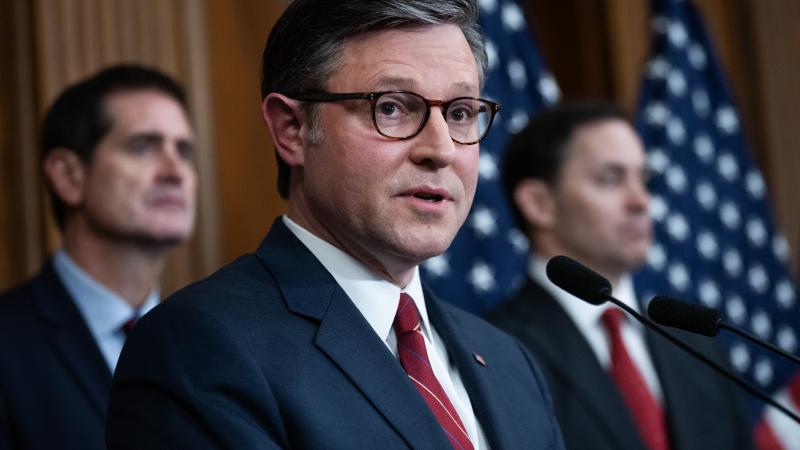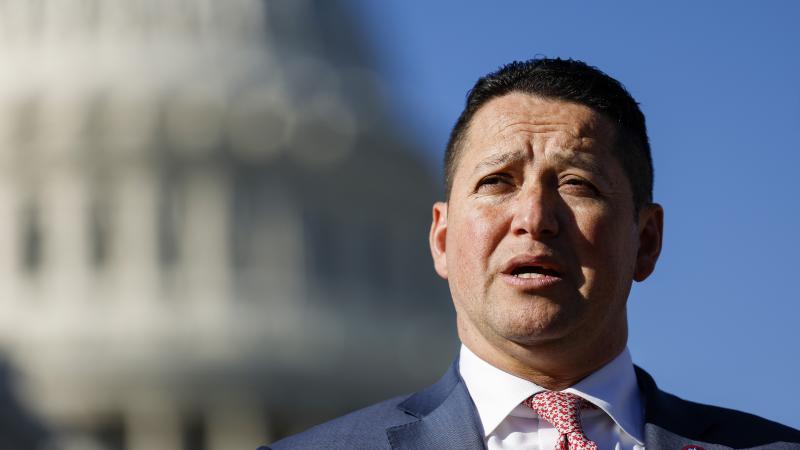Biden administration announces 10 drugs subject to price negotiations under Medicare
The selected drugs cost seniors $3.4 billion in out-of-pocket costs last year, the White House said.
The Biden administration on Tuesday announced 10 prescription drugs that Medicare plans are negotiating the prices on to make them cheaper for senior citizens.
The selected drugs cost seniors $3.4 billion in out-of-pocket costs last year, the White House said.
The medications being negotiated include the diabetes treatments Jardiance, Januvia, Farxiga and several different copyrighted insulin injections that have identical active ingredients, including Fiasp and NovoLog.
The other medications listed by the Biden administration for negotiation include Enbrel and Stelara, both of which are mostly used for arthritis and psoriasis, as well as Eliquis, Xarelto, Entresto and Imbruvica, which are used to treat heart and blood issues.
Medicare plans to negotiate prices for up to 60 drugs over the next four years, and then up to 20 more drugs every subsequent year.
Patent protections are expected to start expiring within two years for more than half of the drugs listed Tuesday by the White House. This means that generic versions of the drugs will likely be available at significantly cheaper prices soon even without the Medicare negotiations.
"Big Pharma has long fought this progress. Their profits grew as they spent more on stock buybacks and dividends than they spent on research and development," the White House said when announcing the drugs up for negotiation.
The development comes after then-President Donald Trump issued an executive order in 2020 for the government to develop and test a system that would allow seniors to pay the same prices for prescriptions as other developed nations with cost controls.
Meanwhile, the U.S. Chamber of Commerce and pharmaceutical manufacturers such as Merck, Johnson & Johnson, Bristol-Myers Squibb and Astellas Pharma have filed lawsuits to stop President Joe Biden's prescription drug negotiation plan.
However, some pharmaceutical manufacturers said they are lowering prices, but costs are being driven up by middlemen, such as pharmacy benefit management companies that manage prescription drug benefits on behalf of insurance companies.
"Our net prices declined for the sixth year in a row in 2022," Johnson & Johnson said in its latest annual transparency report. "Unfortunately, the reality for millions of patients is growing affordability and health equity gaps caused by underinsurance and inadequate insurance benefit design driven by middlemen, including pharmacy benefit managers."
















